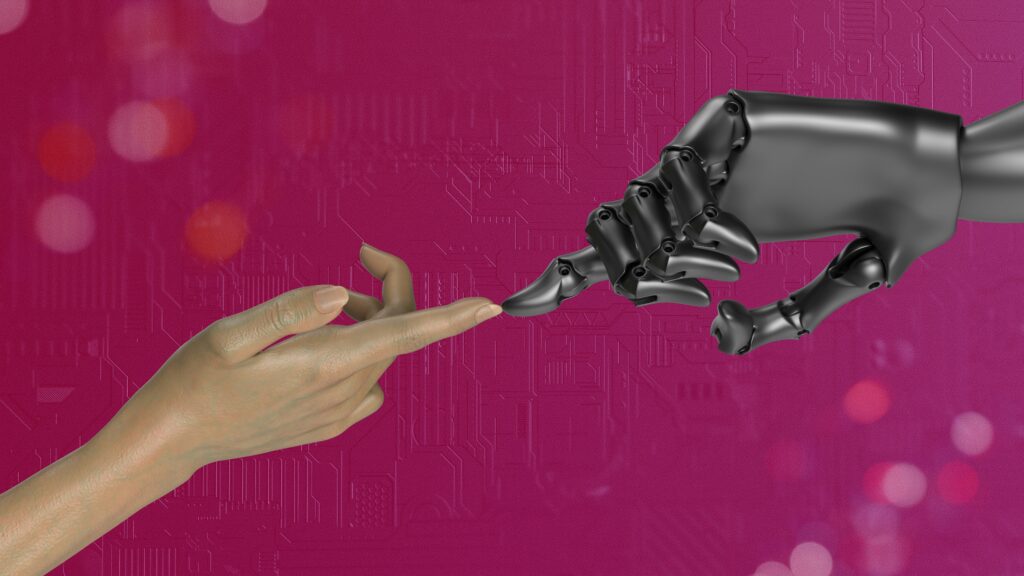Artificial Intelligence (AI) has transitioned from the pages of science fiction to a groundbreaking force driving global transformation. With its capability to revolutionize industries, tackle intricate challenges, and elevate the quality of life, AI’s potential is immense. However, as the technology becomes more advanced, it also brings to light significant ethical challenges that must be carefully addressed.
AI: A Double-Edged Innovation
On one side, AI is a catalyst for progress, offering countless benefits. In healthcare, AI-powered tools are redefining diagnostics, identifying diseases faster and with greater precision, which can lead to life-saving treatments. In the realm of transportation, self-driving cars hold the promise of safer roads and smoother traffic systems. Moreover, AI is pivotal in combating climate change, facilitating breakthroughs in renewable energy optimization and efficient resource management.
AI also amplifies human creativity and innovation. From crafting musical compositions to generating unique artistic designs, AI tools are inspiring creators to explore new horizons. Education is another sector undergoing transformation, with AI-driven platforms delivering personalized learning experiences tailored to individual students, fostering growth and maximizing potential.

The Ethical Quandaries of AI
Despite its benefits, AI introduces a host of ethical concerns. A primary issue lies in algorithmic bias. AI systems learn from vast datasets that may inadvertently reflect societal prejudices. This can result in discriminatory outcomes in areas such as recruitment, financial lending, and law enforcement, raising questions about fairness and accountability.
Additionally, the rise of AI in the workforce poses challenges to employment. As AI systems take over tasks traditionally performed by humans, there’s a looming risk of job displacement and widening economic disparities. Preparing for this shift requires proactive strategies, such as reskilling initiatives and policies aimed at fostering equitable economic transitions.
Another pressing ethical dilemma is the development of autonomous weapons systems. Allowing AI to make life-and-death decisions without human oversight raises profound moral questions, including accountability and the potential for catastrophic errors.
Navigating the Ethical Challenges
Addressing AI’s ethical challenges calls for a comprehensive and collaborative approach. Developers and researchers must prioritize fairness and inclusivity during the design and training phases of AI systems. Building algorithms that are transparent and explainable can help foster trust and ensure accountability.
Policymakers play a pivotal role in creating ethical frameworks and regulations to govern AI development and use. Establishing international standards and fostering cooperation among nations are essential steps to promote responsible AI deployment on a global scale.
A Collective Responsibility for the Future of AI
The journey toward ethical AI is a shared responsibility involving technologists, governments, and society. By acknowledging the potential risks and actively working to mitigate them, we can harness AI’s power to create solutions that benefit humanity. The future of AI lies in the choices we make today, and with mindful innovation, we can ensure it serves as a force for good.
Check out what Stanford University has to say about AI: https://stanfordmag.org/contents/me-myself-and-ai
For more interesting articles please check out our blog: https://techvibezonline.com/


